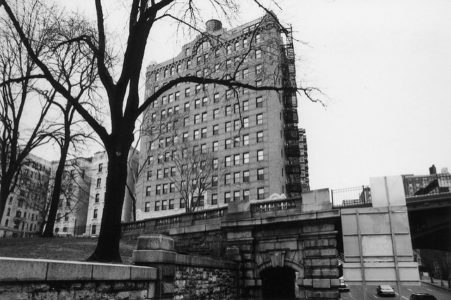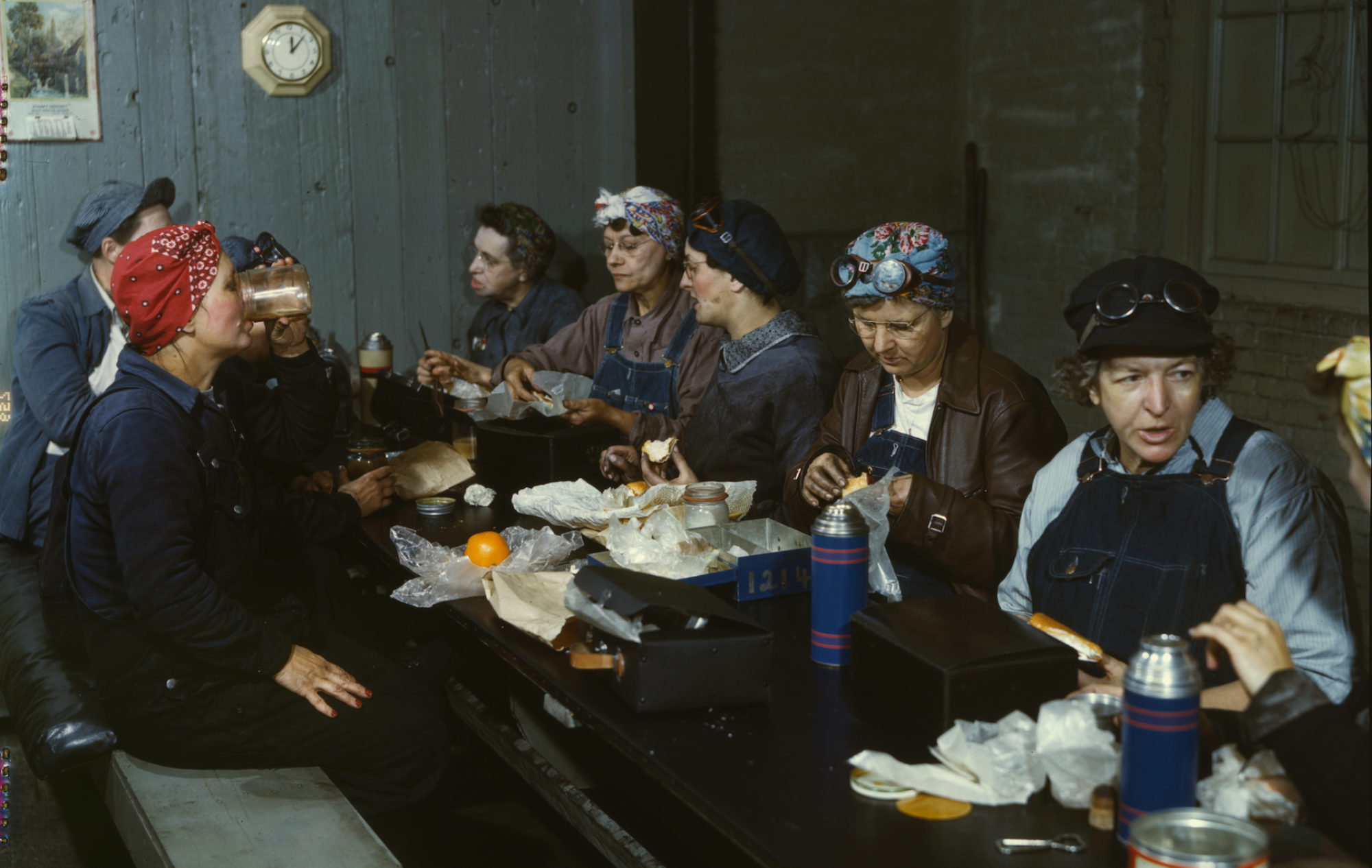
Long a monument of 20th-century German literature, Uwe Johnson’s *Anniversaries: From a Year in the Life of Gesine Cresspahl* has finally been translated into English by Damion Searls, for New York Review Books. Each chapter is a day in the life of Gesine Cresspahl, a German woman living in New York. Running to 1700 pages, the novel tacks between the New York of 1968 and the Germany of the 30s, 40s, and 50s. It is of interest to Americanists, the American Studies program’s George Blaustein writes, not only for its setting but because the novel is a product of transatlantic cultural exchange:
‘‘Like many a modern European writer, Johnson saw America in fiction before he saw it in fact. He translated Herman Melville in East Germany, but Faulkner stirred him most. Jerichow, Mecklenburg, is Johnson’s answer to Faulkner’s Yoknapatawpha County: a setting, both mythic and mundane, for interlocking novels that aspire to a historical reckoning but finally find history unreckonable.”
From fascism through the American and Soviet occupations of Germany, through the upheavals of the 1960s, Johnson’s subject was, ultimately, the West. Anniversaries “is a novel of transatlantic communion: agonized, probably doomed, and yet intimate.”
Read the full essay here: “A New Translation of an Anti-Heroic German Doorstopper of 1968,” New Yorker (November 26, 2018).
